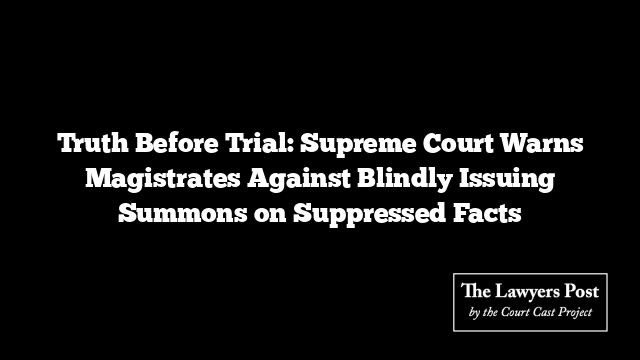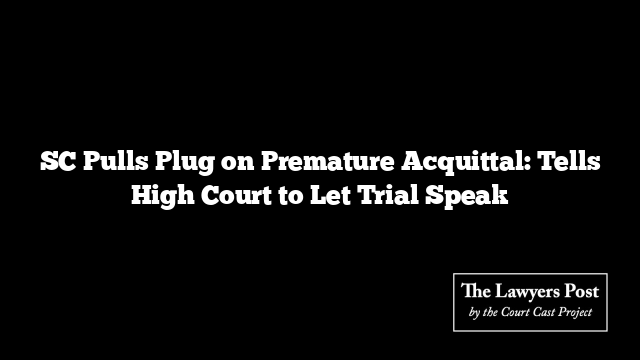In a ruling that cuts to the heart of fair process, the Supreme Court has slammed the brakes on a cheque bounce case where the complainant allegedly played fast and loose with the truth. The top court, unraveling what it called a “textbook abuse” of legal process, quashed the complaint after finding key facts had been deliberately withheld to trigger criminal proceedings.
The bench, comprising Justices Abhay S. Oka and Ujjal Bhuyan, drew a firm line: merely filing a complaint under Section 200 of the CrPC (now mirrored in Section 227 of the BNSS) is not a free pass to drag someone into criminal court. Instead, the Court reminded magistrates that they aren’t rubber stamps—they’re gatekeepers of justice, duty-bound to probe the veracity of complaints before setting criminal law in motion.
The backdrop: A cooperative society filed a complaint against a borrower over a bounced security cheque of ₹27.27 lakh. But here’s the twist—the borrower had formally demanded the loan documents to contest liability, and the complainant didn’t just ignore the request. It filed the criminal complaint without even mentioning those letters, let alone furnishing them. Still, a magistrate issued summons. The High Court refused to intervene. And that’s what brought the matter to the Supreme Court’s doorstep.
In no uncertain terms, the Court made it clear: summoning someone based on a half-truth isn’t just careless—it’s unlawful. “Recording the complainant’s oath is not an empty ritual,” the bench said, “It’s a safeguard meant to weed out false or manipulative claims. Magistrates must put questions to the complainant—not just listen, but interrogate—so the truth has a fighting chance.”
Noting that the complainant only vaguely referred to a “false reply” without submitting it, and intentionally left out the borrower’s written request for loan documents, the Court concluded that the process had been twisted from the start. “Those who enter court hiding facts have no right to seek justice,” the bench declared.
The message is loud and judicially clear: summon only when the whole truth is laid bare. Courts don’t exist to rubber-stamp vendettas—especially when the ink of the complaint hides more than it reveals.





